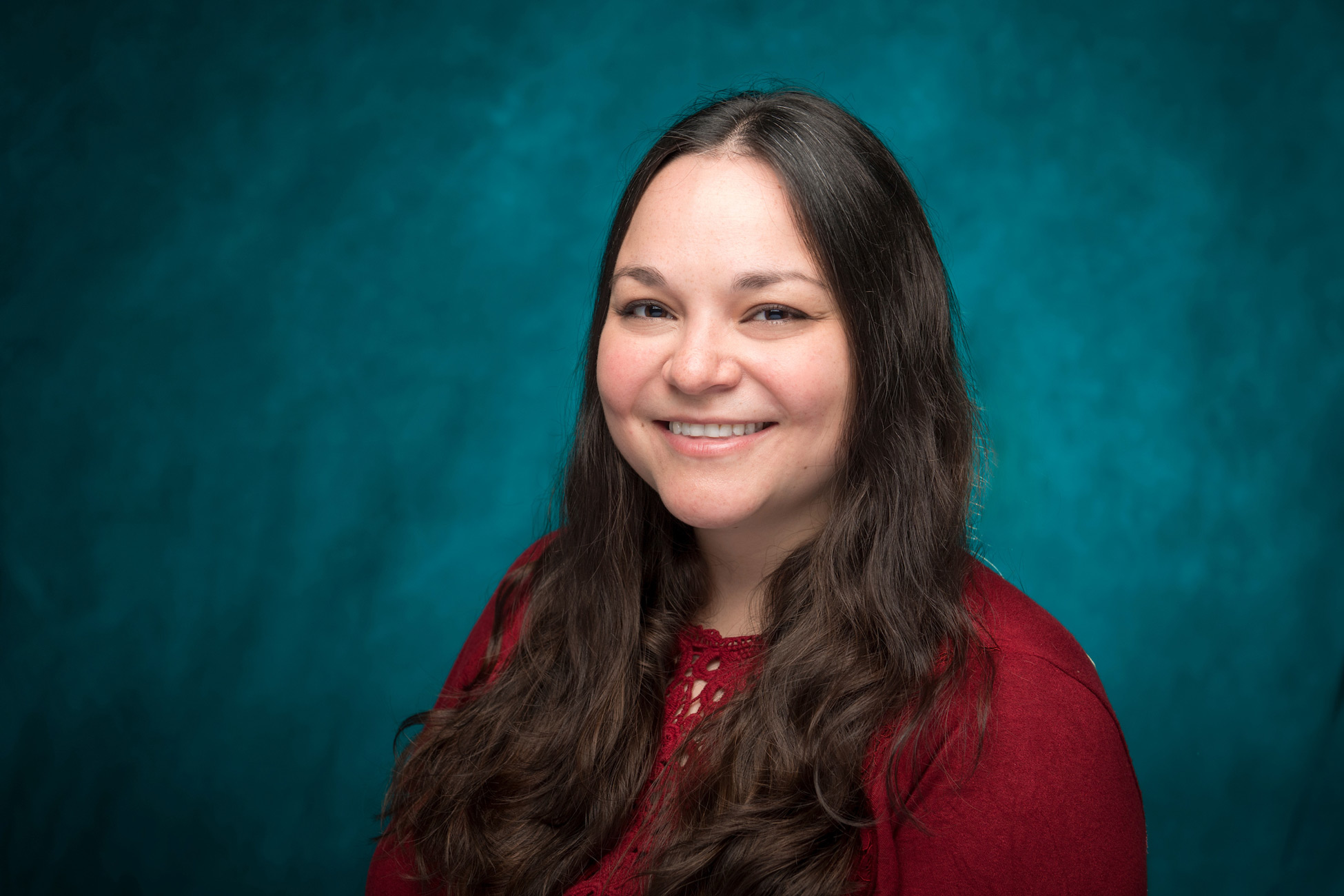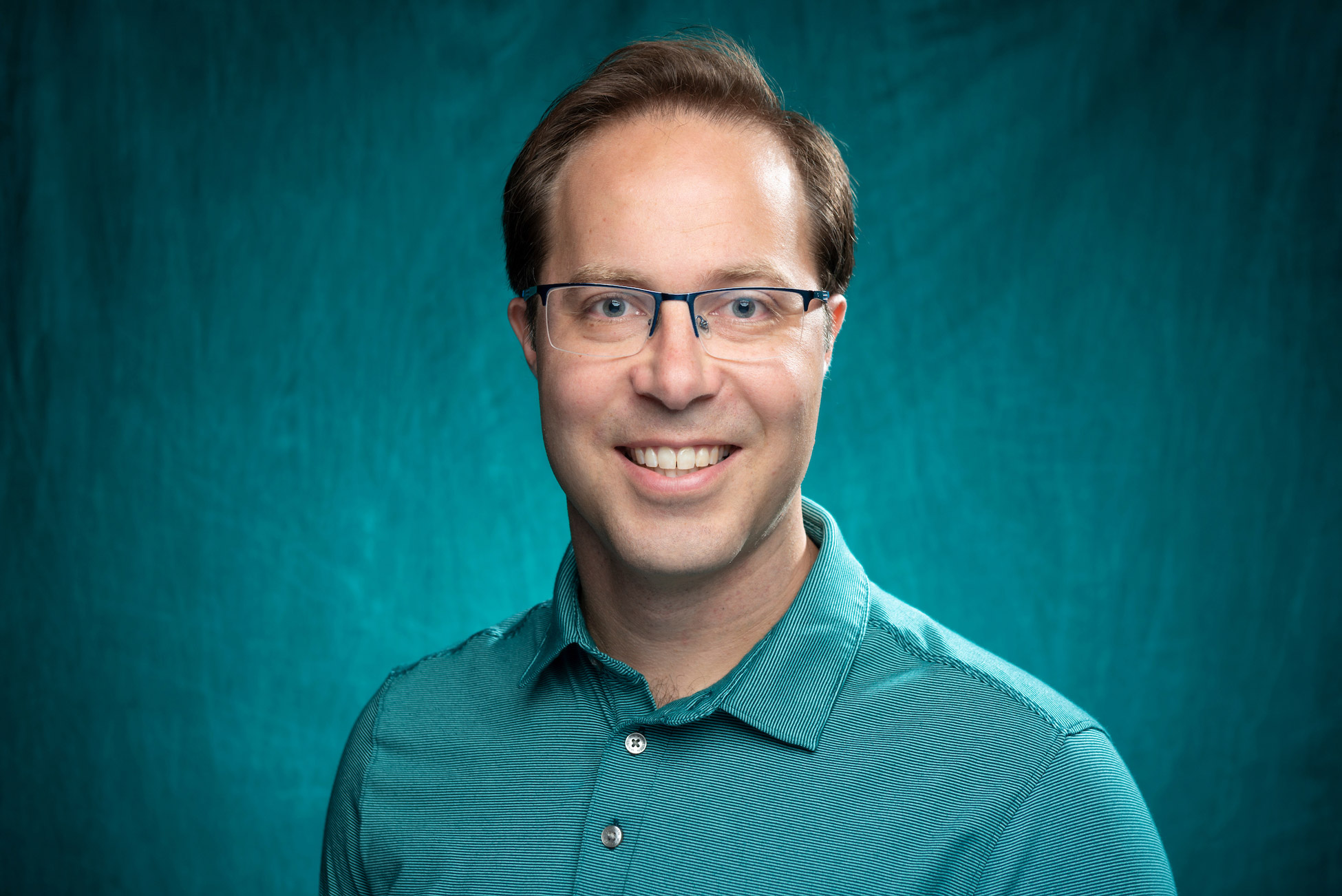The UNCW team is developing a web-based tool for teaching second languages using High Variability Phonetic Training.
Danielle Daidone, assistant professor of Spanish, and Ryan Lidster, assistant professor of Japanese, in the Department of World Languages and Cultures, are part of a team of researchers developing web-based tools to help learners acquire new sounds in second language Spanish, French and Japanese. The team was recently awarded a $50,000 Spencer Foundation Small Research Grant on Education to develop a web-based platform that can be used at UNCW and beyond.
"With any second language, becoming able to communicate successfully involves learning to make new sound distinctions,” explained Lidster. “For example, listeners need to be able to tell the difference between hablo and habló in Spanish ("I speak" vs "he/she spoke"), or in Japanese, between kaimasu and kaemasu ("will buy" vs "can buy"), and in running speech, this can be very demanding.”
High Variability Phonetic Training (HVPT), a technique that exposes learners to a variety of voices and words, provides directed practice and immediate, targeted feedback. In controlled experiments, HVPT has been shown to be effective in improving identification rates and helping learners associate new sounds with vocabulary and meaning, but the specialized software and expertise to design and run HVPT severely limits its use in instructed settings.

"Training learners to correctly perceive the sounds of a second language is often left out of language classes, in part because teachers are unaware of its benefits or how to implement it," said Daidone. "We hope that with our future website, Multilingual Online Listening Exercises (MOLE), we can make this training easy for teachers to incorporate into coursework."
Daidone and Lidster and the team built a library of tasks to implement HVPT in the classroom, and in recognition of the successful trial, were awarded the Spencer Foundation grant.

“The grant will help us to expand the number, scope, and adaptability of the tasks and make this research tool available to more language teachers soon,” said Lidster. “It is one way in which we are converting findings from applied linguistics research into pedagogical practice.”
This article has the following tags: CHSSA - College of Humanities, Social Sciences, & the Arts Research & Innovation


